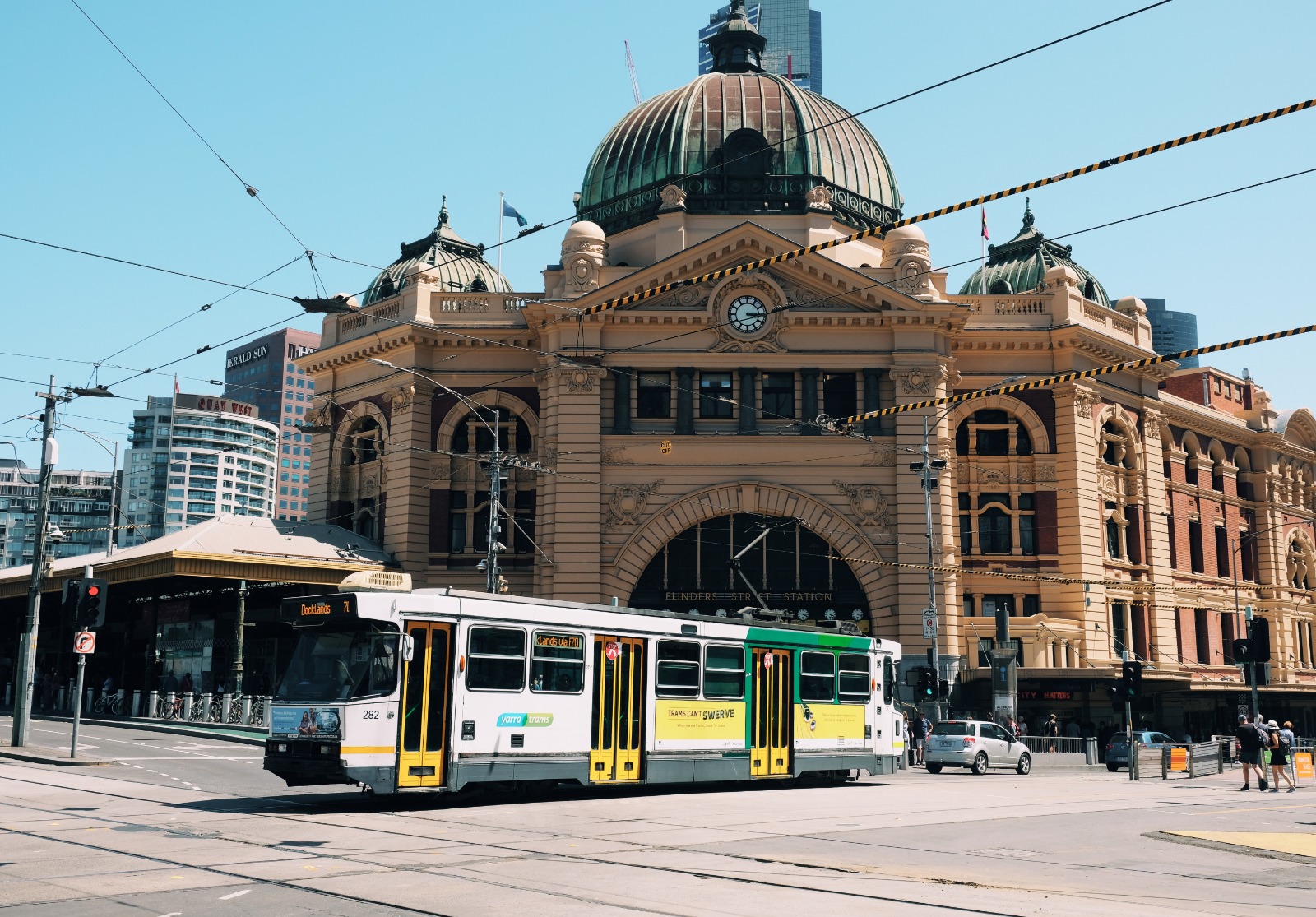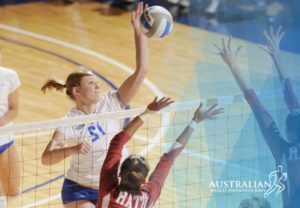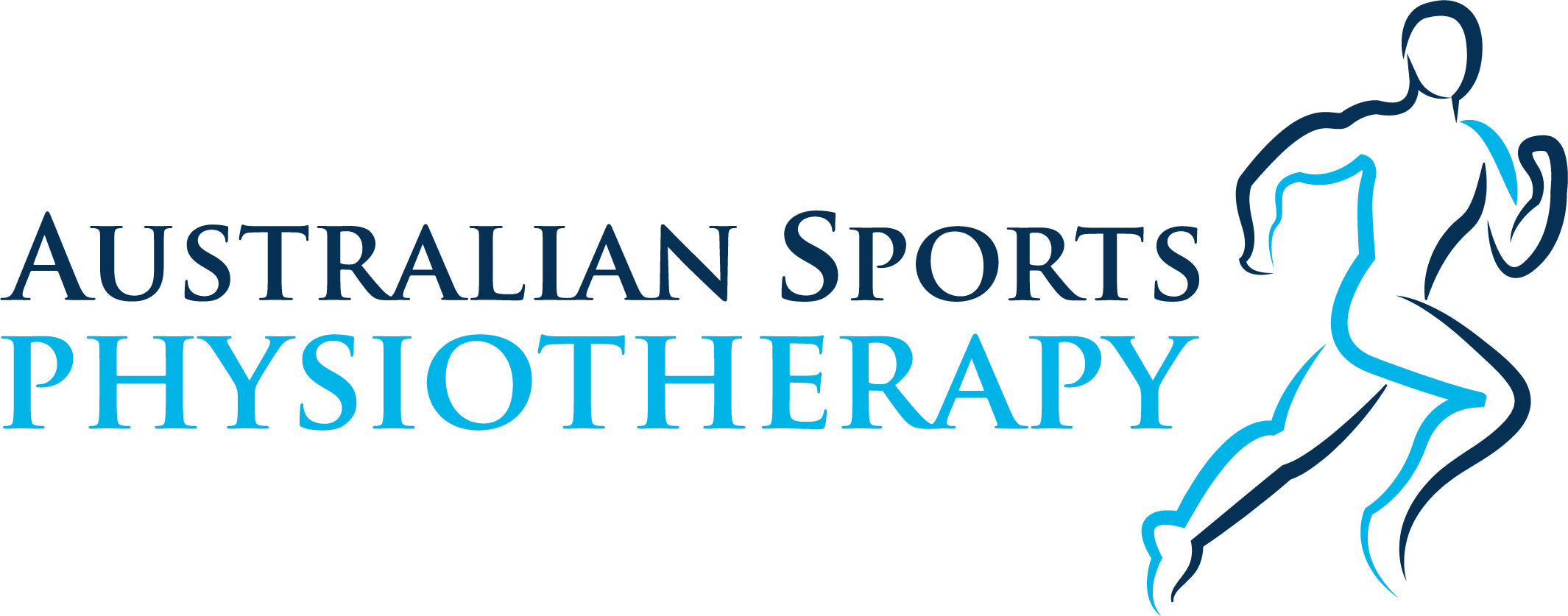Have you ever wondered why your muscles ache after an intense workout or why some athletes bounce back faster than others? The truth is, muscle recovery is not just about rest; it’s a complex science that can make or break your fitness journey.
In the relentless pursuit of strength and endurance, many overlook the critical phase of recovery. From professional athletes to weekend warriors, the importance of understanding how our muscles repair and adapt cannot be overstated. Yet, the intricacies of the physiological processes behind recovery remain a mystery to many, leading to inefficient practices and prolonged soreness.
To maximise your training results, it’s essential to appreciate the science of muscle recovery. This involves more than just taking a day off; it includes optimising nutrition, hydration, and sleep while employing effective strategies tailored to your unique body needs. If you’re serious about your fitness goals and want to improve your performance, understanding the factors that enhance muscle recovery is crucial.
What is muscle recovery?
Muscle recovery is a complex process that involves a series of physiological events that occur after exercise. It is a crucial part of any fitness regimen, as it allows the muscles to repair and grow stronger. When you exercise, especially with intensity, you cause microscopic tears in your muscle fibres. These tears are a natural part of the muscle-building process, and should not be confused with muscle tears that occur with injury, trauma or overuse.
During recovery, your body:
- Repairs the tears: This involves the influx of nutrients and oxygen carried by blood to the damaged areas.
- Builds new muscle tissue: This is where the growth and strengthening of your muscles occur.
- Reduces inflammation: This helps to prevent further damage and promote healing.
Factors that affect muscle recovery
- Intensity of your workout: More intense workouts typically require longer recovery times.
- Nutrition: Adequate protein and other nutrients are essential for muscle repair and growth.
- Sleep: Quality sleep helps your body regenerate and recover.
- Hydration: Staying hydrated is important for overall health and recovery.
- Stress: High levels of stress can hinder recovery.
By understanding the muscle recovery process and taking steps to optimise it, you can improve your overall fitness and performance.
The phases of muscle recovery
The process of muscle recovery can be divided into four phases.
Phase 1: Immediate recovery (0-24 hours)
- In this phase, the body’s primary goal is to remove metabolic waste products, such as lactic acid, from the muscles.
- This is done through increased blood flow and lymphatic drainage.
- Light activities, such as walking or stretching, can help to promote this process.
Phase 2: Inflammatory response (24-48 hours)
- The body’s immune system responds to the damage caused by exercise by releasing inflammatory cytokines.
- These cytokines promote the repair and growth of muscle tissue.
- During this phase, it is important to rest and avoid strenuous activity.
Phase 3. Repair and regeneration (48-72 hours)
- In this phase, the damaged muscle fibres are repaired and new muscle tissue is built.
- This process requires adequate protein intake, as protein is essential for muscle synthesis.
- It is also important to consume complex carbohydrates to replenish glycogen stores, which are used for energy during exercise.
Phase 4. Remodelling and growth (72+ hours)
- During this phase, the new muscle tissue is remodelled and strengthened.
- This process can take several weeks or even months.
- Regular exercise and proper nutrition are essential for promoting muscle remodelling and growth.
Strategies for enhancing muscle recovery
Several strategies can help to enhance muscle recovery, including:
- Rest: Getting adequate sleep is essential for muscle recovery. Aim for 7-9 hours of sleep per night.
- Nutrition: Consume a balanced diet that includes plenty of protein, complex carbohydrates, and healthy fats.
- Hydration: Stay hydrated by drinking plenty of water and electrolyte-rich beverages.
- Active recovery: Engage in low-intensity activities, such as walking or stretching on rest days.
- Foam rolling: Use a foam roller to massage your muscles and help to release tension.
- Stretching: Stretching can help improve flexibility and reduce muscle soreness.
- Cold therapy: Applying cold to the muscles for 15-20 minutes can help to reduce inflammation and pain.
- Massage: Massage can help to improve blood circulation and promote muscle relaxation.
- Compression garments: Wearing compression garments can help to reduce muscle soreness and swelling.
- Supplements: Some supplements, such as protein powder, creatine, and essential amino acids may help to promote muscle recovery and allow you to meet your nutritional needs as required.

Final thoughts
Understanding the science of muscle recovery is not just about healing—it’s about enhancing your performance and achieving your fitness goals. By incorporating effective strategies and respecting your body’s natural processes, you can bounce back stronger, faster, and more resilient than ever.
So, the next time you push your limits at the gym, remember: it’s not just the workout that counts; it’s what you do afterwards that truly builds the champion within you!
Embrace recovery, and let your muscles do the talking!
Book an appointment with one of our experienced practitioners today for a comprehensive assessment and customised treatment plan. Our physiotherapists and exercise physiologists are here to address various movement issues and health concerns.









